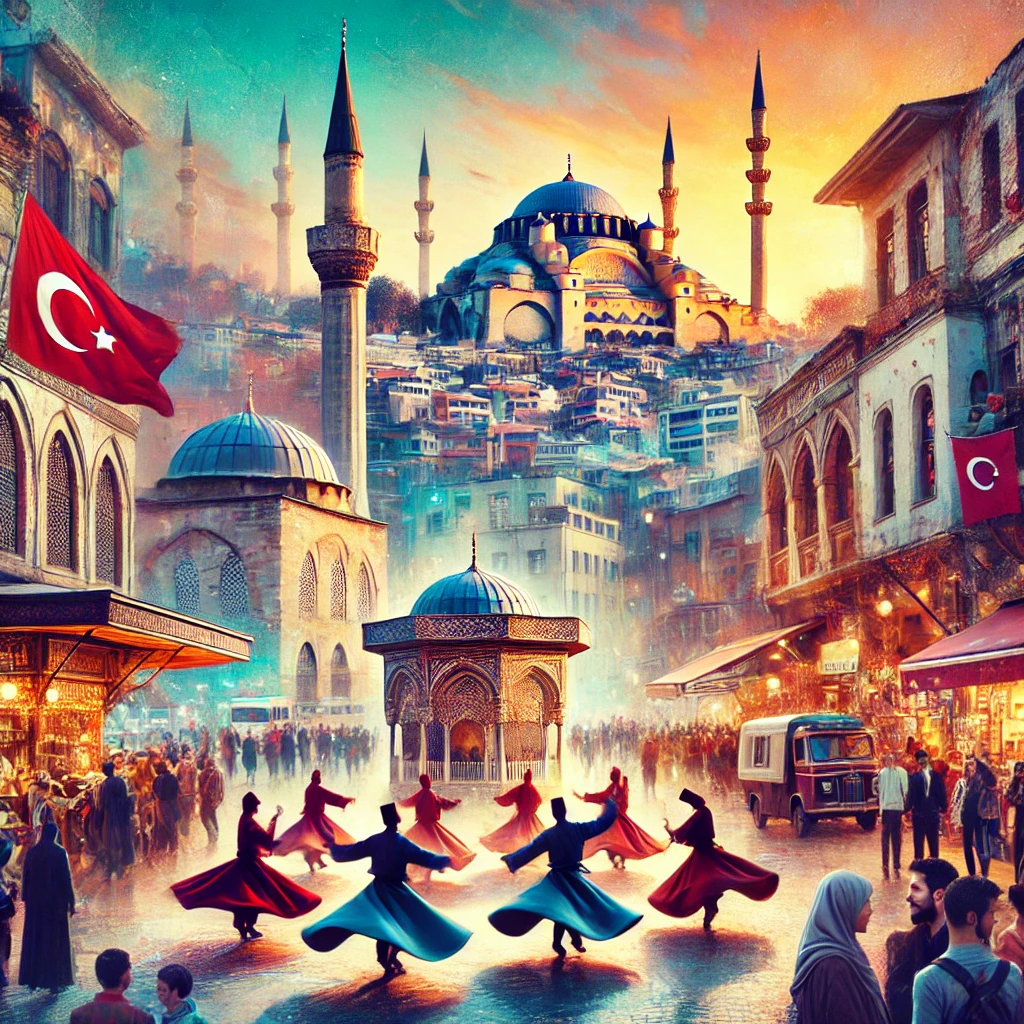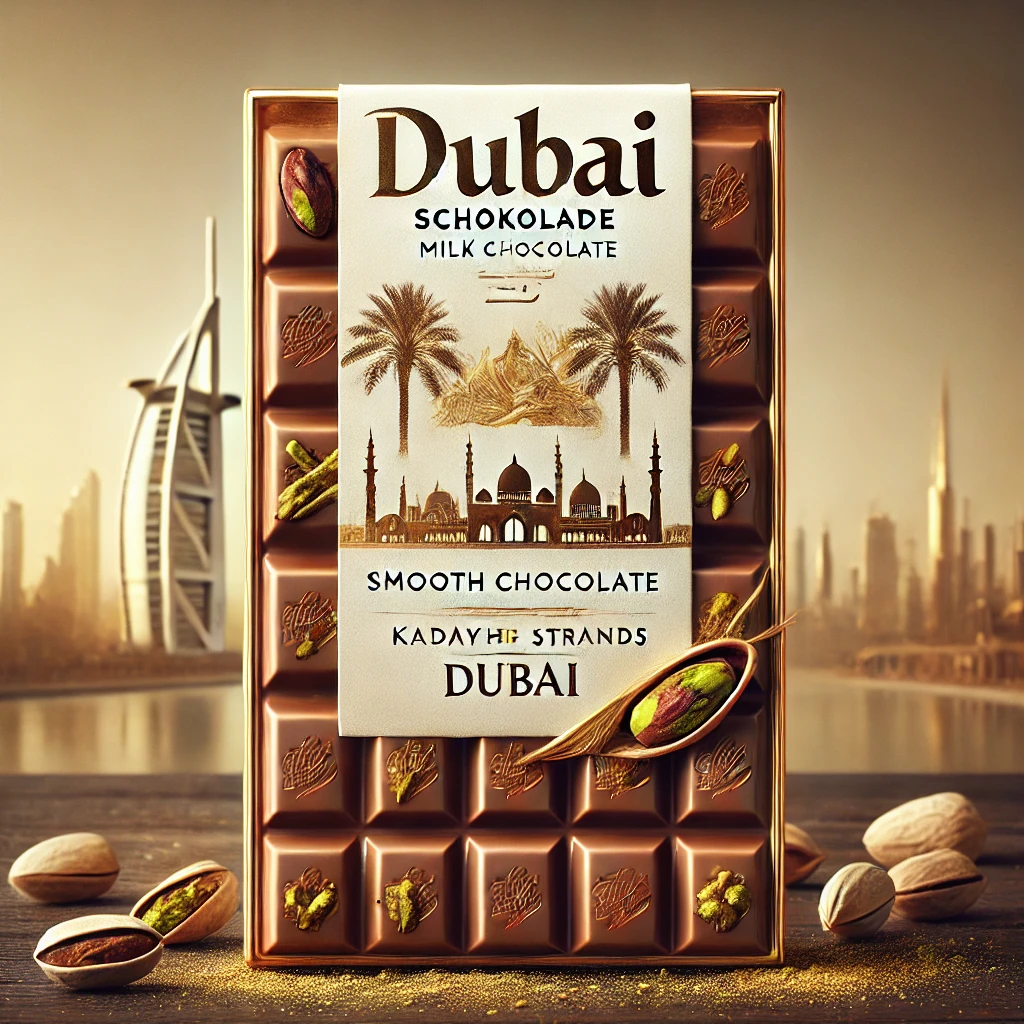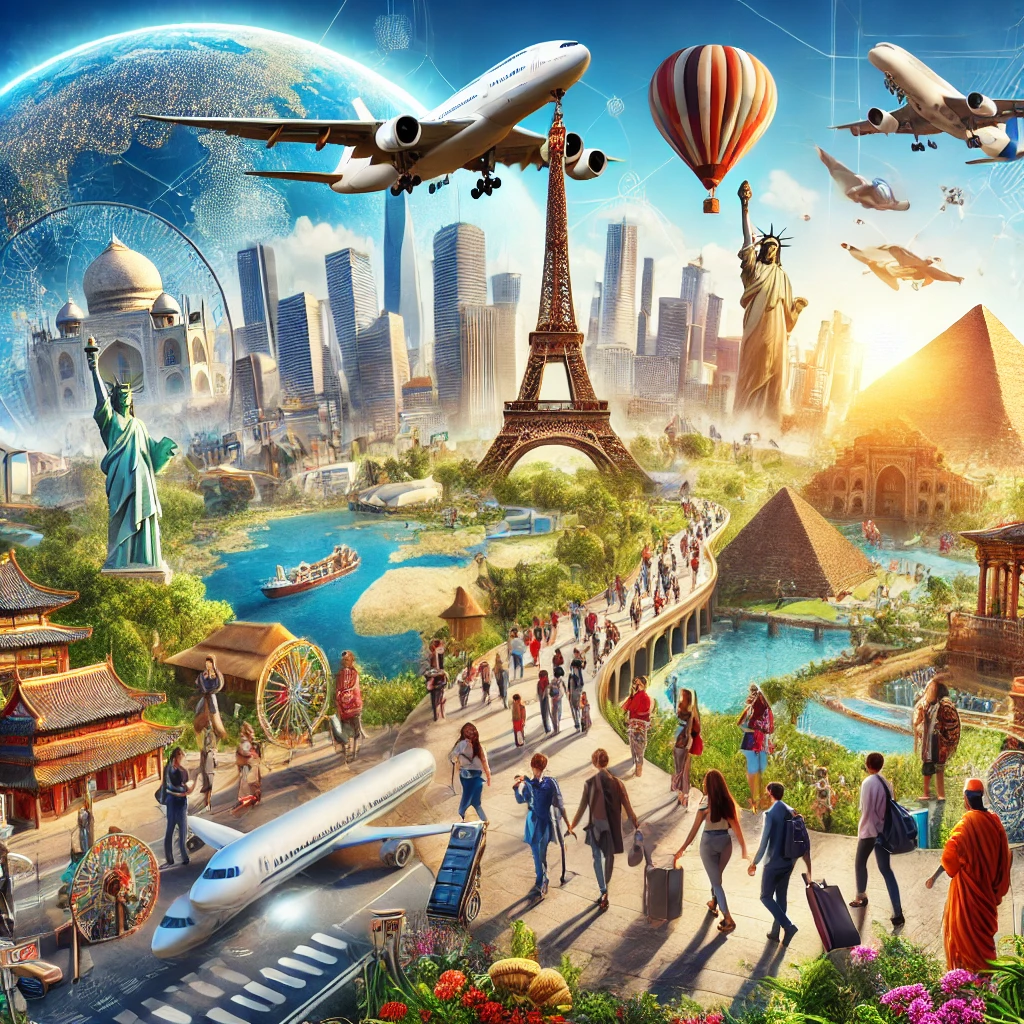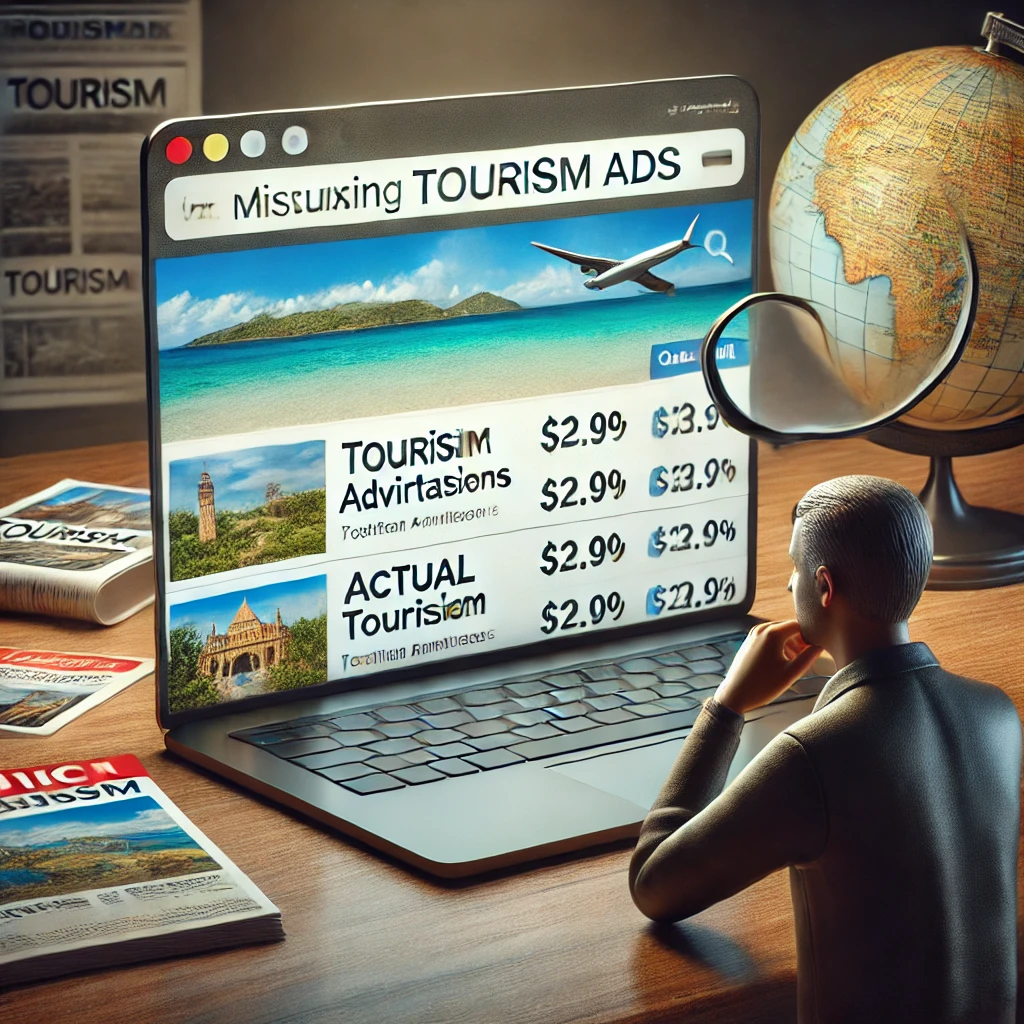Turkey's Struggle for Balance: Navigating Modern Challenges at the Crossroads of Continents
Turkey, a country straddling the continents of Asia and Europe, is a nation of contrasts and complexities. With its unique position, Turkey faces numerous challenges and opportunities as it strives to carve out a significant role in a diverse and ever-changing region. This article delves into Turkey’s quest for balance in the face of post-Cold War turmoil, economic transformation, and societal evolution.
Historical Legacy and Modern Aspirations
A Rich Tapestry of History
Turkey’s history is a rich tapestry woven with threads from ancient civilizations, including the Greeks, Romans, Byzantines, and Ottomans. This legacy is visible in the country’s architecture, culture, and traditions. Today, Turkey seeks to honor its historical roots while forging a path toward modernization and global influence.
The Impact of Mustafa Kemal Atatürk
Modern Turkey is largely the creation of Mustafa Kemal Atatürk, who founded the Republic of Turkey in 1923. Atatürk’s vision was to transform Turkey into a secular, modern state. His reforms included adopting the Latin alphabet, guaranteeing women’s rights, and curbing the civil power of Islam. Atatürk’s influence remains strong, with his image omnipresent throughout the country.
Economic Growth and Challenges
A Booming Economy
Turkey experienced significant economic growth in the 1980s and early 1990s, achieving one of the highest growth rates in Europe. This boom transformed the country’s infrastructure and created new opportunities for its citizens. However, rapid growth also brought challenges, including high inflation rates and economic disparities.
Migration and Urbanization
The economic boom led to massive migration from rural areas to cities, resulting in rapid urbanization. Cities like Istanbul, Ankara, and Izmir became bustling metropolises, while rural areas faced depopulation and economic stagnation. This urban-rural divide presents ongoing challenges for policymakers.
Navigating Geopolitical Tensions
Relations with Neighboring Countries
Turkey’s strategic location at the crossroads of Europe and Asia places it in a unique geopolitical position. Relations with neighboring countries, including Greece, Armenia, and Syria, are complex and often contentious. Turkey’s role in regional conflicts and its relationship with the European Union and NATO are critical aspects of its foreign policy.
The Kurdish Conflict
One of the most significant internal challenges Turkey faces is the Kurdish conflict. Since 1984, the Kurdistan Workers’ Party (PKK) has waged an insurgency in southeastern Turkey, seeking greater autonomy or independence for the Kurdish population. The conflict has led to significant human rights concerns and strained relations with international allies.
Cultural and Religious Dynamics
Secularism vs. Islamic Fundamentalism
Turkey’s secular constitution is a cornerstone of its national identity, but the rise of Islamic fundamentalism presents a challenge to this secularism. Political parties and movements advocating for greater influence of Islam in public life have gained traction, leading to debates over the role of religion in education, government, and society.
The Role of Women
Women’s rights in Turkey have advanced significantly since Atatürk’s reforms, but challenges remain. Women continue to face societal pressures and legal barriers in areas such as employment, education, and political participation. The struggle for gender equality is an ongoing aspect of Turkey’s modernization efforts.
Economic Integration and Globalization
Trade and Investment
Turkey’s economy is increasingly integrated into the global market, with significant trade relationships with Europe, Asia, and the Middle East. The country is a major exporter of textiles, electronics, and agricultural products. Foreign investment has also played a crucial role in Turkey’s economic development.
Tourism
Tourism is a vital sector of Turkey’s economy, attracting millions of visitors annually to its historical sites, beaches, and cultural festivals. The country’s rich heritage and natural beauty make it a popular destination, contributing to economic growth and cultural exchange.
Environmental and Social Challenges
Environmental Conservation
Turkey’s rapid industrialization and urbanization have led to environmental challenges, including pollution, deforestation, and water scarcity. Efforts to balance economic growth with environmental sustainability are critical for the country’s future.
Social Equity and Inclusion
Economic disparities and social inequality are significant issues in Turkey. Addressing these challenges requires comprehensive policies that promote inclusive growth, social welfare, and equitable access to education and healthcare.
Conclusion: Striving for Balance in a Dynamic World
Turkey’s journey is one of balancing its rich historical legacy with modern aspirations. The country navigates complex geopolitical dynamics, economic growth and challenges, cultural and religious tensions, and environmental and social issues. As Turkey continues to evolve, it remains a pivotal player at the crossroads of continents, striving for balance and progress in a dynamic and diverse world.
The Whirling Dervishes: A Symbol of Spiritual Balance
One of the most iconic images of Turkey is the whirling dervishes, who perform their mesmerizing dance as a form of spiritual practice. Rooted in the 13th-century traditions of the mystic poet Rumi, the whirling dervishes symbolize the quest for spiritual balance and union with the divine. Their presence in modern Turkey is a testament to the country’s rich cultural heritage and its ability to blend tradition with contemporary life.
Latest Update: Jul 31, 2024
Your Content Goes Here
A brief summary of the key points in this article.




